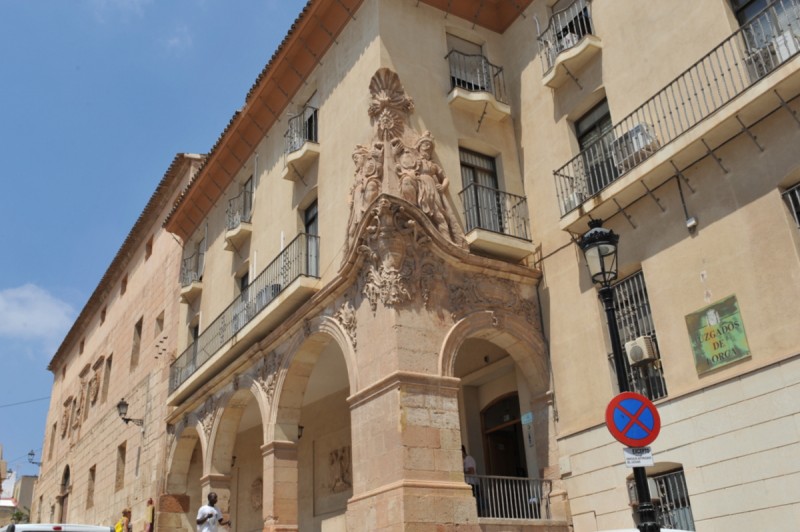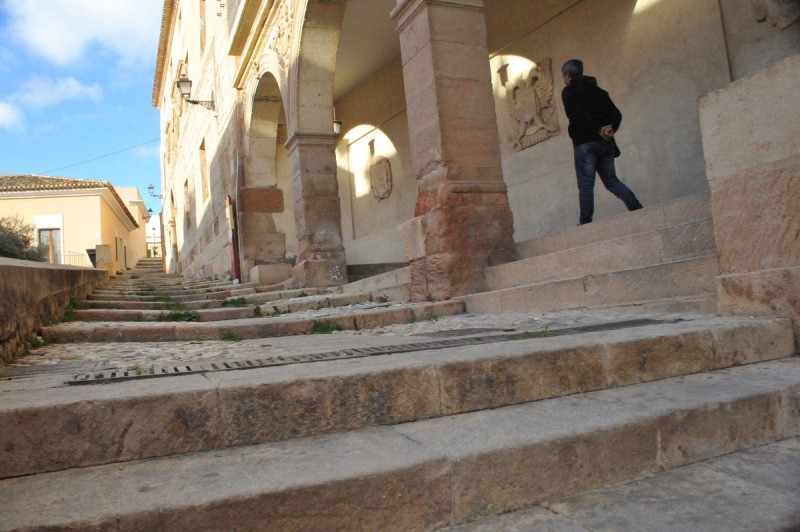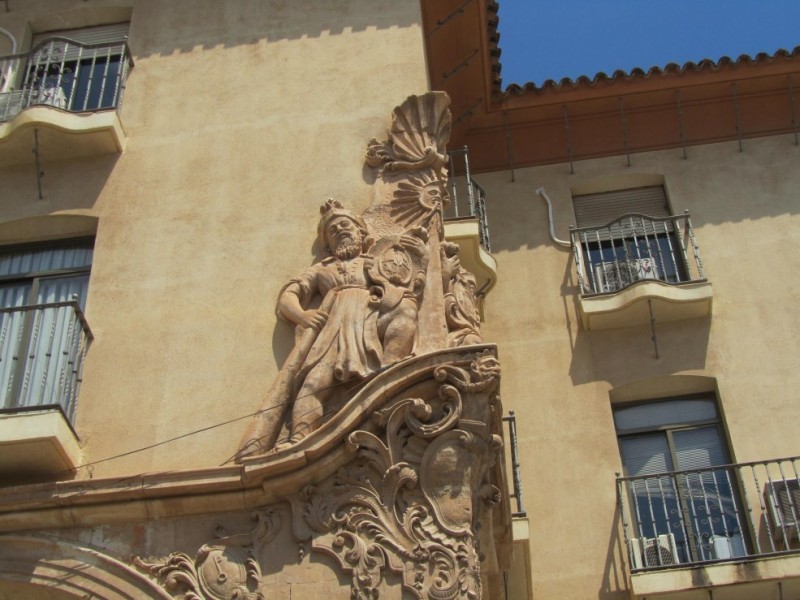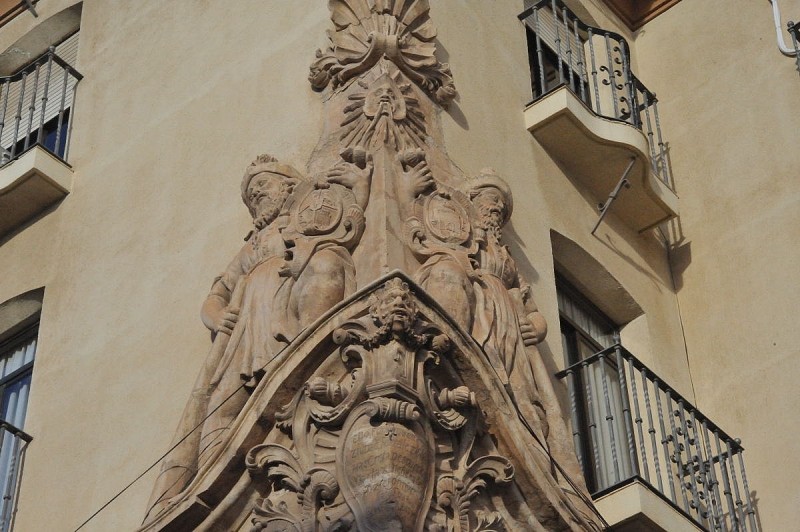- Region
- Águilas
- Alhama de Murcia
- Jumilla
- Lorca
- Los Alcázares
- Mazarrón
- San Javier
-
ALL AREAS & TOWNS
- AREAS
- SOUTH WEST
- MAR MENOR
- MURCIA CITY & CENTRAL
- NORTH & NORTH WEST
- TOWNS
- Abanilla
- Abarán
- Aguilas
- Alamillo
- Alcantarilla
- Aledo
- Alhama de Murcia
- Archena
- Balsicas
- Blanca
- Bolnuevo
- Bullas
- Cañadas del Romero
- Cabo de Palos
- Calasparra
- Camping Bolnuevo
- Campo De Ricote
- Camposol
- Canada De La Lena
- Caravaca de la Cruz
- Cartagena
- Cehegin
- Ceuti
- Cieza
- Condado de Alhama
- Corvera
- Costa Cálida
- Cuevas De Almanzora
- Cuevas de Reyllo
- El Carmoli
- El Mojon
- El Molino (Puerto Lumbreras)
- El Pareton / Cantareros
- El Raso
- El Valle Golf Resort
- Fortuna
- Fuente Alamo
- Hacienda del Alamo Golf Resort
- Hacienda Riquelme Golf Resort
- Isla Plana
- Islas Menores & Mar de Cristal
- Jumilla
- La Azohia
- La Charca
- La Manga Club
- La Manga del Mar Menor
- La Pinilla
- La Puebla
- La Torre
- La Torre Golf Resort
- La Unión
- Las Palas
- Las Ramblas
- Las Ramblas Golf
- Las Torres de Cotillas
- Leiva
- Librilla
- Lo Pagan
- Lo Santiago
- Lorca
- Lorquí
- Los Alcázares
- Los Balcones
- Los Belones
- Los Canovas
- Los Nietos
- Los Perez (Tallante)
- Los Urrutias
- Los Ventorrillos
- Mar De Cristal
- Mar Menor
- Mar Menor Golf Resort
- Mazarrón
- Mazarrón Country Club
- Molina de Segura
- Moratalla
- Mula
- Murcia City
- Murcia Property
- Pareton
- Peraleja Golf Resort
- Perin
- Pilar de la Horadada
- Pinar de Campoverde
- Pinoso
- Playa Honda
- Playa Honda / Playa Paraíso
- Pliego
- Portmán
- Pozo Estrecho
- Puerto de Mazarrón
- Puerto Lumbreras
- Puntas De Calnegre
- Region of Murcia
- Ricote
- Roda Golf Resort
- Roldan
- Roldan and Lo Ferro
- San Javier
- San Pedro del Pinatar
- Santiago de la Ribera
- Sierra Espuña
- Sucina
- Tallante
- Terrazas de la Torre Golf Resort
- Torre Pacheco
- Totana
- What's On Weekly Bulletin
- Yecla


- EDITIONS:
 Spanish News Today
Spanish News Today
 Alicante Today
Alicante Today
 Andalucia Today
Andalucia Today
The Casa del Corregidor in Lorca
The former home of the Town Hall and the royal delegate to Lorca is next to the Town Hall
The Casa del Corregidor in Lorca was originally built as the seat of the city council (or “Concejo”), a purpose which it served until 1740. At that point it was ceded as home to the “Corregidor”, whose official role was to see that the laws of the Monarch were duly applied in Lorca, and it is therefore fitting that the building is now home to the local courts.
Construction of the original building began early in the 18th century, although from that time little remains apart from the attractive arcade on the ground floor and the large relief showing the figures of the princes Elio and Crota: it has been theorized that the Roman town of Eliocroca (now Lorca) was originally founded centuries before the arrival of the Romans by the Trojan prince Elio and his Greek counterpart Crota, and echoes of this idea are found in other versions: one talks of a Trojan named Elio-Urzues, while another specifies that “in the year 4018 after the creation of the world” Elio founded a city which he called Ilorci.

It has also been posited that the name of Eliocroca was a combination of the Greek words Helios (sun) and Kraton (government), a combination which would tie in nicely with the adopted nickname of “Ciudad del Sol”, or city of the sun.
The two princes carry the coats of arms of Lorca and the Spanish monarchy, and above them is a sun spitting two tongues of flame, reinforcing this latter theory.
See more about the background history of Lorca which can be read in three parts. Click for part one: Prehistoric Lorca

However, the building itself was demolished in the early 20th century to make way for a new eclectic edifice designed by Pedro Cerdán, before another more modern construction project was initiated in 1979. This is the building we see today, and it retains many of the architectural elements which were featured in its predecessors.
These features include the striking balcony with its wrought-iron railings and the ornate decorative stonework, much of which was the work of Juan de Uceta, who also created the ornate fountain in the centre of Totana which still bears his name.

The Casa del Corregidor stands in the Plaza del Caño, alongside the Municipal Archive of Lorca and next door to the current Casa Consistorial or Town Hall as well as almost directly opposite the former collegiate church of San Patricio which is one of the most important buildings in the city centre. During its history the former incarnations of the building were also used as a tax collection office, the municipal archive, the local headquarters of the Guardia Civil, the post office and various other organizations.
Click for more information about visiting Lorca, including what's on agenda, what to visit and tourist information: LORCA TODAY

